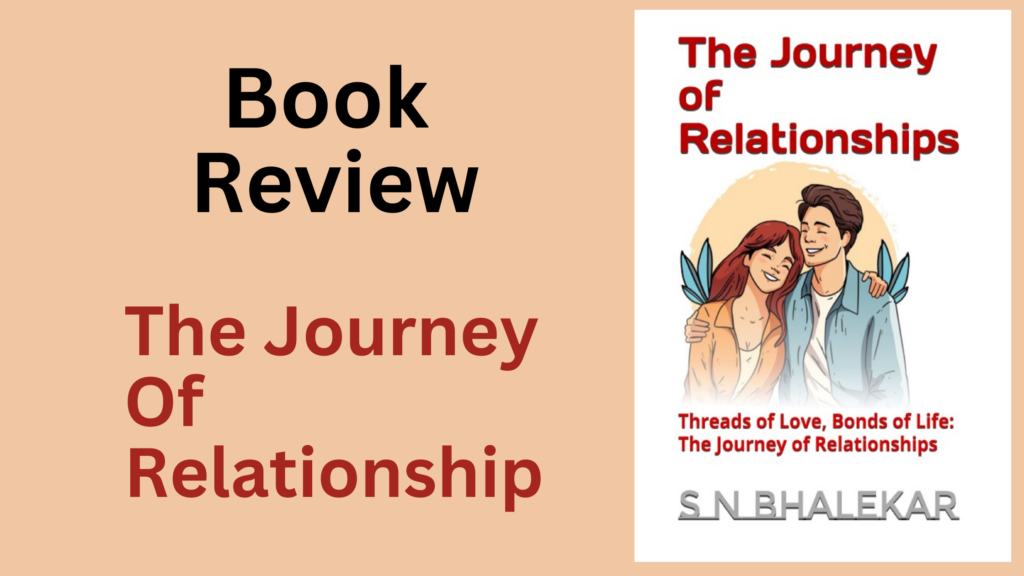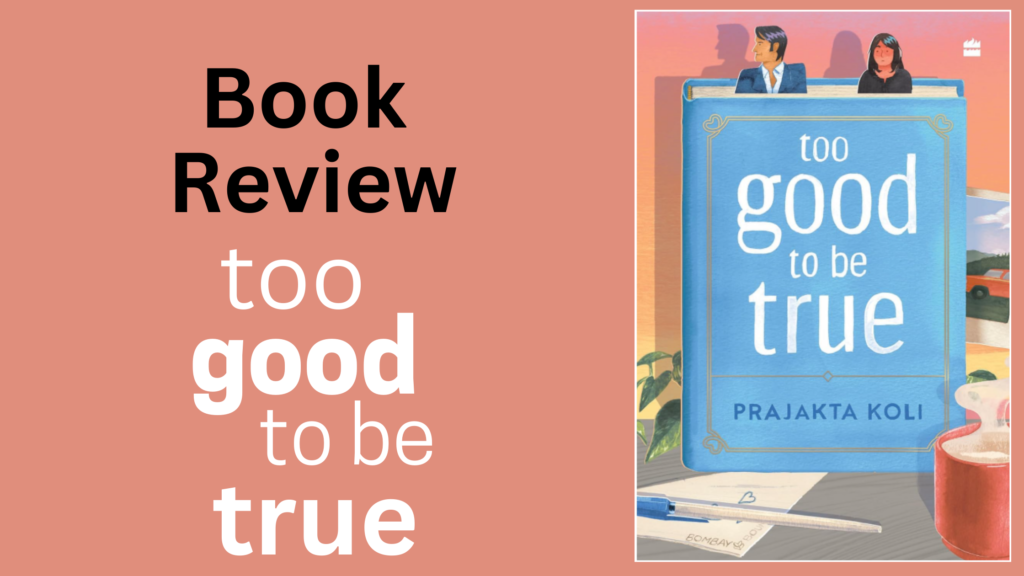
Introduction
Very few works of literature capture the horrors of war. The Diary of a Young Girl by Anne Frank does this profoundly. It also depicts the resilience of the human spirit. Additionally, the book reflects the innocence of youth. Anne wrote her diary between 1942 and 1944 while hiding from Nazi persecution. It offers an intimate glimpse into her life. The diary reveals her thoughts and dreams during one of history’s darkest periods.
Anne’s voice is raw, honest, and heartbreakingly hopeful. It transcends time. It reminds us of the power of individual stories to illuminate the collective tragedies of humanity. But what makes this diary so impactful, and why has it resonated with millions worldwide? Let’s explore.
The Story Behind the Diary
Who Was Anne Frank?
Anne Frank was born on June 12, 1929, in Frankfurt, Germany, to a Jewish family. As the Nazi regime gained power, the Franks fled to Amsterdam, seeking safety from rising anti-Semitic policies. Despite their efforts, the Nazi occupation of the Netherlands forced the family into hiding in 1942.
Anne was an observant and spirited young girl. She began chronicling her thoughts and experiences in a diary. She received this diary on her 13th birthday. This diary became her confidant. She documented the mundane details of life in hiding in it. She also recorded her deepest fears, aspirations, and reflections.
The Secret Annex
The Franks hid in the Secret Annex in Amsterdam. They were joined by another family and a dentist. This annex was a hidden area behind Otto Frank’s office. Living in such close quarters for two years was challenging. Limited food, the constant threat of discovery, and the strain of confinement tested their resilience daily.
Anne’s diary vividly captures these challenges while also portraying moments of joy, humor, and humanity.
The Context of World War II
Anne’s story unfolds against the backdrop of the Holocaust, during which six million Jews were murdered by the Nazi regime. Her diary provides a deeply personal lens on this historical atrocity, showing how the war affected ordinary families. Tragically, the Franks were betrayed in 1944 and sent to concentration camps, where Anne died at the age of 15.
Key Themes in the Book
Innocence Amidst Tragedy
Through Anne’s youthful perspective, we see the stark contrast between the innocence of childhood and the brutal realities of war. Her diary is filled with musings on friendships, crushes, and future dreams. This quality makes the eventual tragedy of her story all the more poignant.
Resilience and Hope
Despite the oppressive circumstances, Anne’s optimism shines through. Her belief in the goodness of humanity inspires readers to find hope. Her determination to live a meaningful life encourages them even in adversity.
Coming of Age in Crisis
As Anne matures, her diary becomes a space for self-reflection. She grapples with questions of identity, morality, and purpose, offering profound insights into the human condition.
Writing Style and Narrative Impact
Raw and Honest Voice
Anne’s candid storytelling creates an immediate connection with readers. Her writing is unfiltered. It is deeply personal. It allows us to experience her joys, fears, and frustrations as if they were our own.
The Universal Appeal of Her Words
Though written in a specific historical context, Anne’s diary transcends time. Her reflections on love, humanity, and resilience resonate with readers of all ages and backgrounds.
Strengths of the Diary
A Personal Lens on History
Anne’s diary transforms abstract historical events into relatable human experiences. By focusing on the daily life of one family, it brings the Holocaust’s enormity into sharp, personal focus.
Emotional Depth and Humanity
Anne’s ability to find beauty and meaning in small moments is remarkable. This can happen through a glimpse of the sky or a heartfelt conversation. It reminds us of the enduring strength of the human spirit.
Criticisms and Controversies
The Challenges of Historical Accuracy
Some critics have debated the extent to which Otto Frank, Anne’s father, edited the diary before publication. While this has sparked discussion, it doesn’t diminish the diary’s emotional and historical significance.
Misinterpretations of Anne’s Message
Anne’s adage, “Despite everything, I actually accept that individuals are great on a fundamental level,” is often distorted. It’s essential to view her optimism within the broader context of her nuanced reflections.
The Diary’s Legacy
A Testament to the Holocaust
Anne’s diary serves as a powerful reminder of the atrocities of the Holocaust. It ensures that the voices of victims are not forgotten, fostering empathy and understanding among future generations.
Impact on Literature and Culture
The diary has influenced countless works of art, literature, and education. It remains a cornerstone of Holocaust studies and a testament to the importance of storytelling.
Preserving Anne’s Voice for Future Generations
Through museums, educational programs, and translations, Anne’s story continues to reach new audiences, keeping her legacy alive.
Why This Diary Remains Essential Reading
Lessons on Empathy and Humanity
Anne’s reflections remind us of the importance of compassion, resilience, and the human capacity for hope.
The Importance of Remembering the Past
By understanding Anne’s story, we honor the memory of all Holocaust victims. We also reaffirm our commitment to preventing such atrocities in the future.
Conclusion
The Diary of a Young Girl is more than a historical document. It’s a profound exploration of humanity in the face of unimaginable hardship. Anne Frank’s voice continues to inspire and educate, urging us to remember the past while striving for a better future.

FAQs
- What is The Diary of a Young Girl about?
It chronicles Anne Frank’s experiences while hiding from the Nazis during World War II. - Why is Anne Frank’s diary significant?
It provides a personal perspective on the Holocaust and highlights the resilience of the human spirit. - What themes does Anne explore in her diary?
Key themes include hope, identity, resilience, and the struggles of coming of age during a crisis. - How has the diary affected literature and culture?
It has become a cornerstone of Holocaust education and a symbol of the power of individual stories. - Is the diary suitable for younger readers?
Yes, but parental guidance is recommended to help younger readers understand the historical context.









